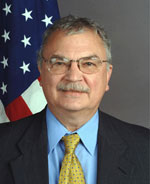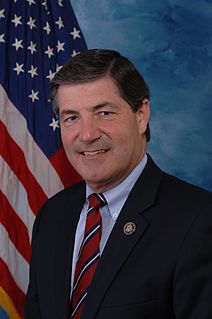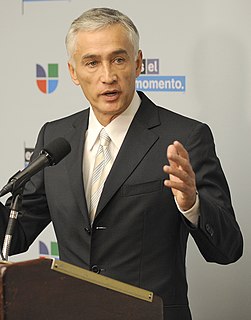A Quote by Mario Lopez
In 1979, we thought it would be easier to take power. The intervention of the United States has changed the circumstances.
Quote Topics
Related Quotes
Try this thought experiment. Pretend you're a tyrant. Among your many liberty-destroying objectives are extermination of blacks, Jews and Catholics. Which would you prefer, a United States with political power centralized in Washington, powerful government agencies with detailed information on Americans and compliant states or power widely dispersed over 50 states, thousands of local jurisdictions and a limited federal government?
Many European countries are fascinated with minorities from the United States. They still see this country as a world power and they covet that power...I was approached by a professor once at the Sorbonne in Paris and asked about racism in this country, and when I reflected on racism on the streets of Paris - you know, I'd be considered an Arab there -well, she didn't want to address that...It just goes to show it was easier for Europeans to study racism in the United States than it is from within the belly of the beast.
I consider the foundation of the Constitution as laid on this ground that 'all powers not delegated to the United States, by the Constitution, nor prohibited by it to the states, are reserved to the states or to the people.' To take a single step beyond the boundaries thus specially drawn around the powers of Congress, is to take possession of a boundless field of power not longer susceptible of any definition.
The rise of the presidency began with the Louisiana Purchase, which in 1803 doubled the land mass of the United States. History taught the framers that, just as Rome changed from republic to empire with conquest of new lands, territorial acquisition would lead to the centralization of political power.
On humanitarian intervention in general, I guess my view is not unlike the view that was attributed to Gandhi, accurately or not, when he was supposedly asked what he thought about western civilization. He is supposed to have said that he thought it would be a good idea. Similarly, humanitarian intervention would be a good idea, in principle.
The Italian journalist Oriana Fallaci used to say that for her, an interview was like a war. I get the sense that we've forgotten that here in the United States. You turn on the TV, and you see very bland interviews. Journalists in the United States are very cozy with power, very close to those in power.



































